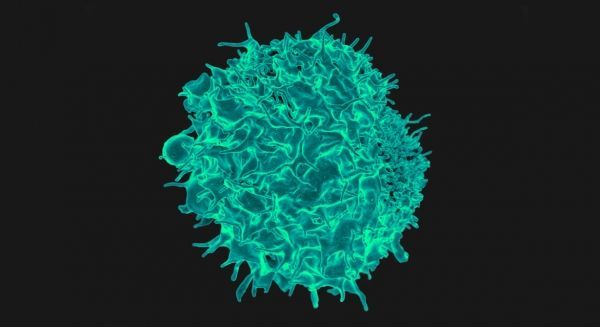Scientists at the University of Dundee have carried out one of the most comprehensive studies into how immune cells sense and respond to their environment to fight infection and destroy tumours.
The research team, who have published their findings in the journal Nature Immunology, said the results provide important insights into how immune responses might be manipulated for the treatment of autoimmune diseases and cancer.
Professor Doreen Cantrell and Professor Angus Lamond, both in the School of Life Sciences at Dundee, led the study, which focused on T lymphocytes, a population of white blood cells essential for immune responses to cancer, bacteria and viruses, and transplanted organs.
They mapped how these cells control expression of more than 9,000 proteins as they take part in immune responses. They also mapped in fine detail how an important immune-suppressive drug, used to prevent organ rejection in transplants, selectively controls these processes.
Read more at University of Dundee
Image credit: "T Lymphocyte" by NIAID is licensed under CC BY 2.0.


